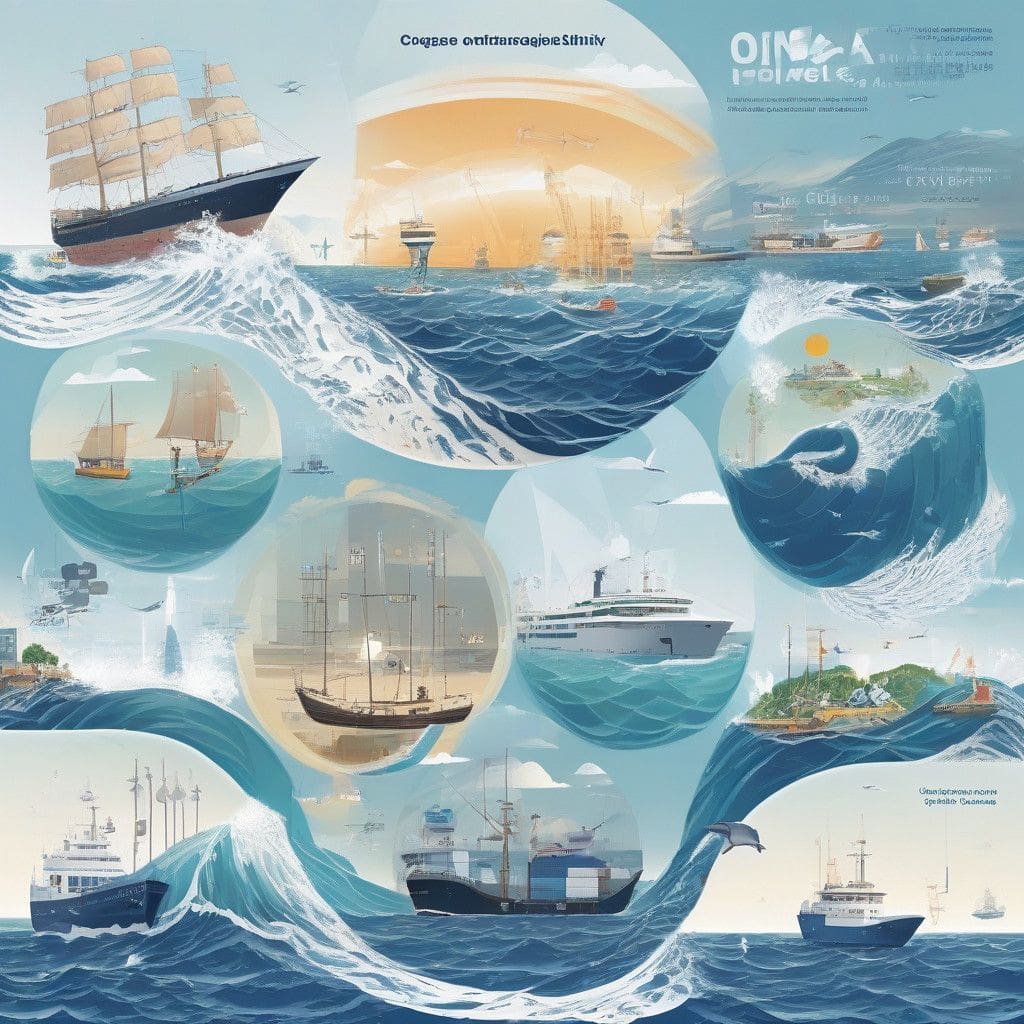The ocean, covering over 70% of our planet, is not just a vast body of water; it is a fundamental resource that impacts every aspect of human life. From regulating climate and generating oxygen to providing food and facilitating global trade, the ocean’s significance cannot be overstated. Today, as we face unprecedented climate challenges, the focus on sustainable ocean management has never been more critical. The High Level Panel for a Sustainable Ocean Economy, commonly referred to as the Ocean Panel, is paving the way in this ongoing effort.
The Ocean Panel, consisting of leaders from 19 nations, is striving to create a unified approach toward ocean stewardship. They aim to harness the ocean’s potential for biodiversity conservation, climate resilience, and sustainable economic development. Initiatives under platforms such as the 30X30 target within the Global Biodiversity Framework, the United Nations Sustainable Development Goals, and the climate targets set by the Paris Agreement illustrate the extensive scope and reach of their mission. The urgency of these initiatives is accentuated by projections indicating that the global ocean economy is set to exceed the growth of the broader economy by 2030, offering a pathway for economic recovery in the post-pandemic world.
Despite the vast potential of the ocean economy, it now faces significant threats from climate change and anthropogenic pressures. To address these challenges effectively, collaboration is essential. Political leaders must commit to ocean preservation, but this mandate extends beyond government action. It calls for researchers, innovators, industry experts, communities, investors, and organizations to work cohesively towards shared goals. Such collaboration will enable the development of innovative solutions that not only mitigate the pressing challenges faced by oceans but also stimulate economic prosperity.
A notable example of this collaborative effort is Canada’s Ocean Supercluster (OSC), which has emerged as a trailblazer in the maritime innovation landscape. Despite being one of the countries with the longest coastlines and fourth-largest ocean territory, Canada’s contributions to sustainable ocean development are drawing international attention. The OSC boasts over 750 members, including numerous collaborative partners working to innovate more than 300 ocean-related products and services.
These innovations represent a myriad of solutions designed for sustainable maritime practices. They encompass the creation of transitionary fuels for marine applications, the implementation of artificial intelligence for fisheries management, and the development of specialized vessel coatings that both reduce emissions and enhance operational efficiency. Additionally, advancements such as egg-to-plate remote monitoring in aquaculture and uncrewed vessels designed for deeper and more extensive operations are becoming increasingly commonplace, highlighting the technological strides being made in this sector.
Canada’s collaborative spirit is not only recognized domestically; the Ocean Supercluster also maintains formal partnerships with global entities, such as the European Leaders in Blue Energy (ELBE), Forum Oceano in Portugal, and NOAA in the United States. These relationships enable OSC to foster global dialogue on critical ocean issues and create synergies that amplify shared goals of sustainability and economic growth. An increasing number of cooperative initiatives—including the first-ever international joint call for proposals in 2024 with Innovate UK—reflect a commitment to propelling ocean innovation forward.
The recent agreement between the Government of Canada and the European Commission allowing Canada’s deeper participation in Horizon Europe marks a pivotal moment for Canada and its ocean innovation ecosystem. This alignment with Horizon Europe opens new avenues for collaboration with Europe’s ocean community, strengthening global partnerships for research and development. Through such initiatives, Canada seeks to align its innovative capabilities with the pressing need for sustainable practices, underscoring the growing importance of transnational cooperation in addressing ocean challenges.
As an industry-led initiative focused on accelerating sustainable ocean solutions, Canada’s Ocean Supercluster is targeting key areas such as energy transition, sustainable seafood production, marine shipping, and climate action. This focus is complemented by efforts to foster a diverse, skilled workforce and support the development of ocean startups—factors crucial for the industry’s growth trajectory.
Recent achievements underline the effectiveness of Canada’s maritime innovation strategy. In 2023, four of Canada’s ocean innovation ecosystems ranked among the top 35 globally, and the Ocean Startup Project gained recognition as one of North America’s leading accelerators. Such accolades affirm Canada’s rising prominence in the international ocean economy.
To conclude, the ocean is a vital resource that demands collective stewardship. The growing momentum of international collaborations like the Ocean Panel and innovative initiatives such as Canada’s Ocean Supercluster offers a promising pathway toward achieving sustainable growth. As we confront the dual challenges of climate change and economic recovery, the partnership between nations, industries, and communities is essential. The time to act is now, as the ocean’s health is, in many ways, a reflection of our own prosperity.












